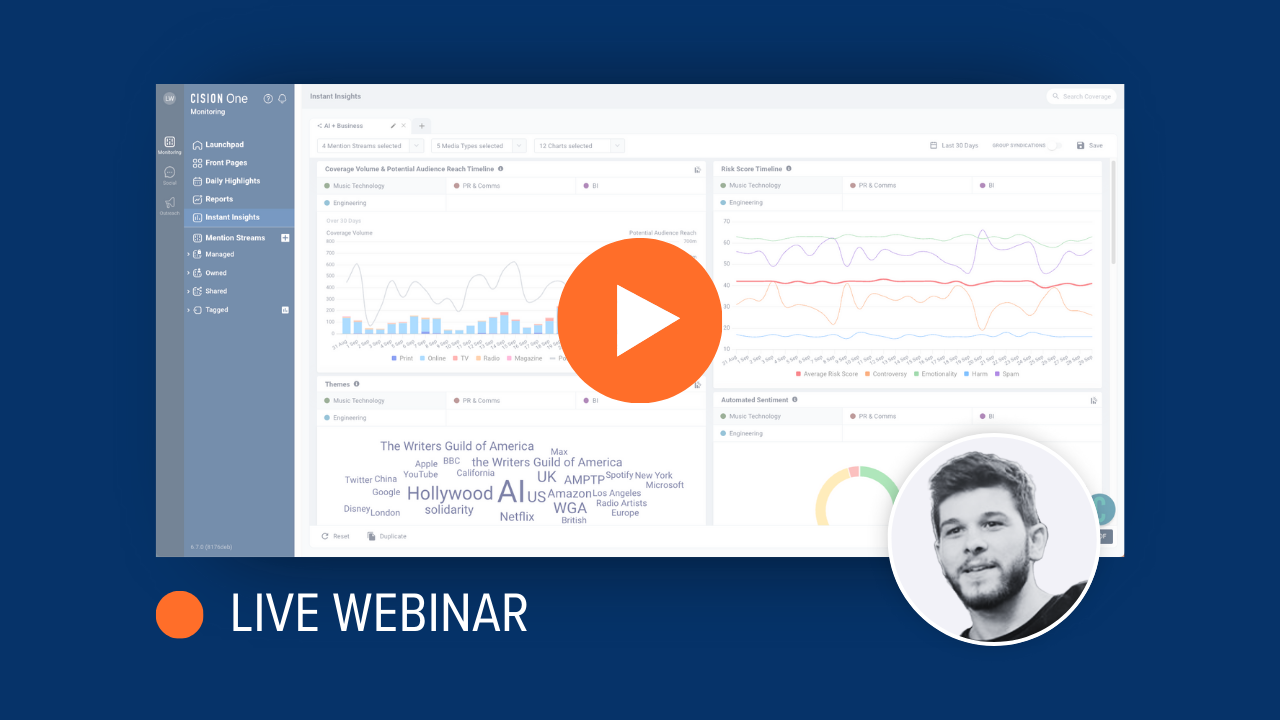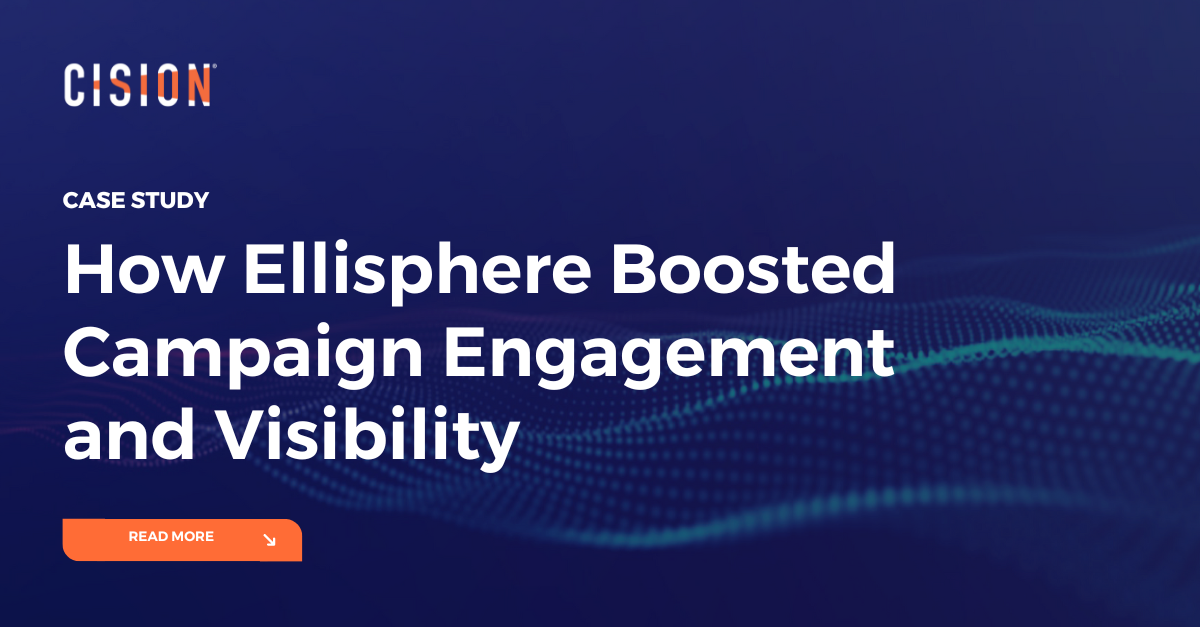This year’s global AMEC Summit gifted us with a two-day virtual extravaganza of lessons, networking, and awards. We may not have been there in the flesh, but the wealth of knowledge shared by industry experts was nothing short of premium.
Here are a few of our takeaways and highlights from the event:
Be aware of false information… and do the right thing!
Myths and misinformation: two common themes that ran through sessions in different ways. Jim Macnamara, Professor in Communication, kicked things off by tackling misinformation head-on, asking the hard-hitting question of ‘In the age of disinformation, are we contributing the crisis or are we creating solutions?' – urging comms pros to combat misinformation and be aware of the misuse of technologies.
Broadcaster, May Lee added to the conversation when exploring the false perceptions of the Asian population. She encourages brands to stop painting groups with the same brush and to dig into sub-categories to get an understanding of their preferences.
Dr. Ahmed El Adl also echoed that misinformation is vital to understand when he addressed the myths of Artificial Intelligence. Misinterpreting AI can waste the technology’s true capabilities so that brands don’t benefit from its full potential.
Data storytelling helps people make sense of complexity
Dr. Jonathan Reichental, CEO of Human Future explained brilliantly why data storytelling matters. Creating a story out of data reduces the time it takes for people to interpret the information, makes the information more convincing, and increases persuasion. It also helps people remember the data.
Michael Kaye from the dating app, OkCupid spoke about their use of in-app audience questions and data analysis to steer their creative messaging and PR efforts. They were able to make sense of what truly interested or influenced their audience and create agile content around these topics.
Senior Director of Comms Insights at Microsoft, Jamin Spitzer touched on drawing contrasts through visual storying telling. Tip: make storytelling a key part of your insights process, as data can give clarity and show comparisons when illustrated in colour.
Measurement should have a seat at the planning table
The launch of the Barcelona Principles 3.0 revealed a new guide for practitioners on how to measure. The first of the principles – setting goals is an absolute prerequisite to communications planning, measurement, and evaluation – acknowledges the importance of SMART (specific, measurable, actionable, relevant, and time-bound) goals as a component of the communications planning process.
In another session, Megan Tweed from Edelman PR recognises the success in getting support from decision-makers when presenting them with data in the idea stages. Data can drive change in how we plan for communications. Megan also emphasised the value of assigning someone as a connective between data and planning, creative, marketing, and tech.
Most Recent Posts
Cision Resources
-
E-books and Guides
Comprehensive how-to guides on strategy and tactics
-
Case Studies
What are other brands doing – and how can we learn from them?
About Charlie Gooddy
Charlie Gooddy is the Content Marketing Manager at Cision UK. You can reach her on charlotte.gooddy@cision.com
Learn More. Do More. demo new
PR Tips, Case Studies, and Product Updates

[On-Demand Webinar] The Next Generation of Media Intelligence: From Gorkana to CisionOne
Explore CisionOne, a revolutionary media intelligence platform, and the evolution of Gorkana. Learn key features and strategies from Luke Williams, CisionOne Product Marketing Manager. Elevate your media outreach to new heights!

